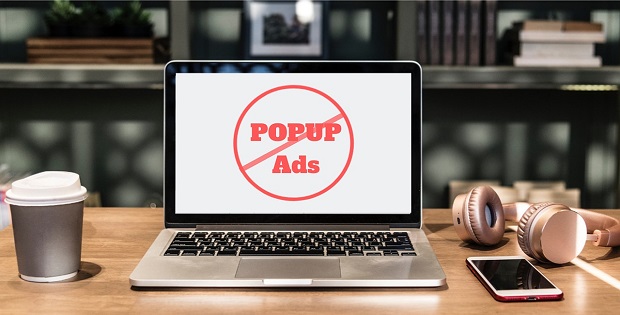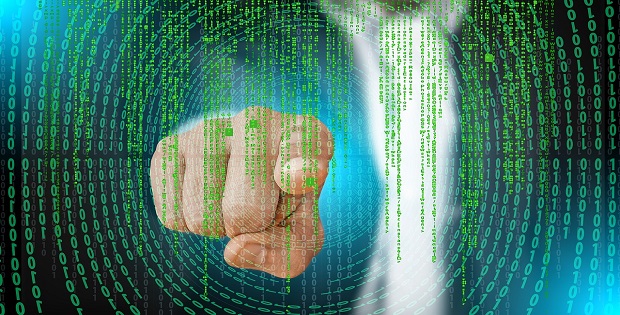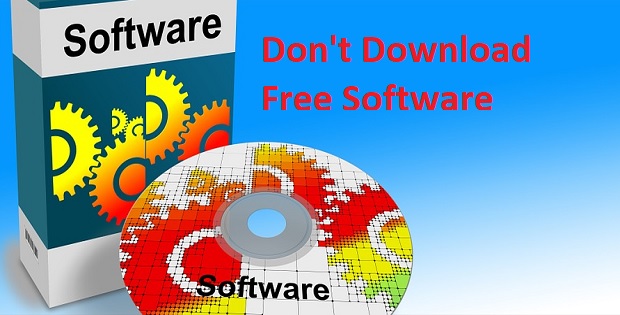How Can You Avoid Downloading Malicious Code? Expert Tips
Last Updated on 2 months by Touhid
Malicious code can impact running a system, damage the system, and hack the system. You should avoid downloading malicious code. That’s why in this post, we’ll give you useful tips on how can you avoid downloading malicious code.
Table of Contents
What is a Malicious Code?
Malicious code refers to the harmful code or web script that can cause serious damage to a computer, server, phone, or network system.
There are different types of cyber threats in the cyber world such as viruses, worms, Trojan horses, Spyware, and Ransomware. Each type of cyber threat may have a malicious code to hack your sensitive information.
The Malicious code can activate itself or a user to perform an action, such as clicking on a vulnerable link, downloading malicious code, or opening a malicious email attachment.
How Can You Avoid Downloading Malicious Code?
Once the Malicious code enters the system, the code can impact system overload by sending a huge number of traffic, deleting files, stealing sensitive data, reformatting hard drives, etc.
So, you must take preventive action from malicious code. In this section, we have provided important tips on how you can avoid downloading malicious code.
- Install Professional Antivirus Software.
- Don’t Click on The Suspicious Link.
- Don’t Download Free Software.
- Don’t Browse Unsecured Websites.
- Block Pop-Up Advertisements.
- Install A Firewall.
- Do Not Reply to Phishing Email.
- Don’t Download Free Software and Programs.
- Use Different Passwords for Multiple Accounts.
- Update Your Operating System And Software.
Install professional antivirus software
Antivirus software is the first security software to prevent and detect malware and viruses. Antivirus software helps to protect your computer when downloading documents or files from the internet. It scans every file on your computer and prevents malware such as viruses, worms, and Trojan horses.
To avoid downloading malicious code, you should use professional antivirus software. There are different types of professional anti-virus software, and you can use one of them and keep updated with the latest version.
Don’t Click On Suspicious Links
When you are going to click on a download link or any other link and if the link is suspicious then don’t click on it. A suspicious link may contain malicious code.
However, if you click on that suspicious link, then there is a chance to install malicious software on your computer or you may redirect to a vulnerable website.
In that case, how can you avoid downloading malicious code? The answer is never to click on suspicious links.
How can you identify a link that is suspicious? To check if a link is suspicious or not “hover your mouse over the URL to see where it is redirecting to you, if it is redirecting to your targeted site then the link is valid, otherwise the link is suspicious”.
Don’t Download Free Software
We are downloading the free software from the internet. Even we never justify that free software may have malicious code or viruses, which may infect computers.
However, some free software is completely safe to download. By the by, before downloading free software or files from the internet, first you have to make ensure that the downloading site is secured by SSL (Secure Socket Layer) certificate and your computer has installed anti-virus software.
Don’t Browse Unsecured Websites
Unsecured websites may have viruses or malware. So, don’t visit unsecured websites or download files, software, and any other documents to protect you from malicious software.
If you want to prevent malicious code or protect your computer from malware then avoid browsing unsecured websites.
A secured or trusted website is secured by an SSL (Secure Socket Layer) certificate. In the URL, you can see that a website starts with https:// such as: https://www.google.com.
Block Pop-up Advertisements
Pop–up ads or pop–ups are one of the most aggressive and annoying forms of online advertising on the Web. A Pop–up ad may have malicious code, and if you click on it then the malware is installed on your computer and can infect your computer.
It is noted that all pop-ups aren’t harmful. So, you have to identify the source of those pop–ups which seem to be suspicious.
So, you should block the pop-up advertisements to protect from malicious code. Typically, most of the browsers have the feature to block pop-up advertisements.
Even you can install Adblock Plus to block pop-up advertisements permanently. Adblock is one of the most popular and available ad blockers on Firefox, Chrome, Safari, Android, and iOS.

Install a Firewall
A firewall is security software that is designed to monitor network traffic and prevent malware infection by blocking malicious traffic. A firewall creates an obstacle between internal and external networks in order to protect from malware and cyber threats.
If your Windows firewall is off mode, then an attacker can gain unauthorized access to your computer by sending malicious scripts to your computer.
Here are the simple steps for enabling the Windows Firewall:
- Start→ Control Panel→ System and Security→ Click Windows Firewall.
- Click on Turn Windows Firewall on or off link on the left side of the window.
- Now, select the Turn on Windows Firewall radio button for both (Home and Public) of the network locations.
- Finally, Click on OK.
Learn More related article Web Application Firewall.
Do Not Reply To Phishing Email
When you receive a phishing email and if you reply to that email then you will be redirected to a malicious website or your sensitive information will be hacked by an attacker.
In that case, you should never reply to this type of email. If you think the email is suspicious then you can direct a phone call to the sender to confirm as he/ she sends the email.
Be Careful about Installing Software
This is another important tip for how you can avoid downloading malicious scripts and programs from websites. When you are visiting a malicious website, or a pop-up window notify you with some instructions to download new software or update your current programs which are installed on your computer.
In that case, if you agree and download (install) the updated software then your computer will be infected with malicious code.
You must ensure the website is trusted and read the reviews online about the software before downloading and installing new software or updated programs.
Use Different Passwords for Multiple Accounts
It is strongly recommended you that never use the same passwords for multiple accounts. Use unique and strong passwords for multiple accounts. If you use the same passwords for multiple accounts such as email, bank, and social networking sites, and if one of the account’s passwords is discovered then all other accounts will be compromised.
So, it is better to use unique passwords for multiple accounts.
For example:
- Email account ->Use unique passwords.
- Facebook account –> Use unique passwords.
- Bank account –> Use unique passwords.
If you think that your computer is infected with malicious code, then change your password immediately. Typically, change your passwords regularly, usually between 30 and 180 days.
Learn more about How to create a strong password.
Update Your Operating System and Software
To protect from malware, you should update your operating system (Windows, Mac OS X, Linux, or any other OS), antivirus software, and other security devices (such as Firewall). The updated version of software and security devices will keep your computer secure and malware-free.
Lastly, by updating your operating system and software will ensure that your data is free from viruses and other cyber-attacks.
Why Do You Avoid Downloading Malicious Code?
Malware is malicious software which includes viruses, spyware, adware, and different types of harmful software that impact on computer. Already we know, how to prevent malicious code. So, we can protect our computer, network, or server from malicious attacks.
Now, we will discuss why do you avoid downloading malicious code. Here are some important reasons why do i avoid downloading malicious code:
- To avoid malicious attacks.
- To protect your sensitive information from hacking.
- To protect from unauthorized access to computer resources.
- To prevent computer crashes or shutting down or restarting.
- To protect from phishing attacks.
- To protect from computer slow down.
- To protect from malware.
Conclusion
The Malicious code is unwanted harmful files that can do anything on your computer. Finally, we can say that if you want to avoid malicious code, then don’t download any suspicious apps or software from third-party app stores. Even if you want to download and install then must read the reviews before downloading apps.
Hope the article how can you avoid downloading malicious code will be helpful for you to protect malware attacks.






